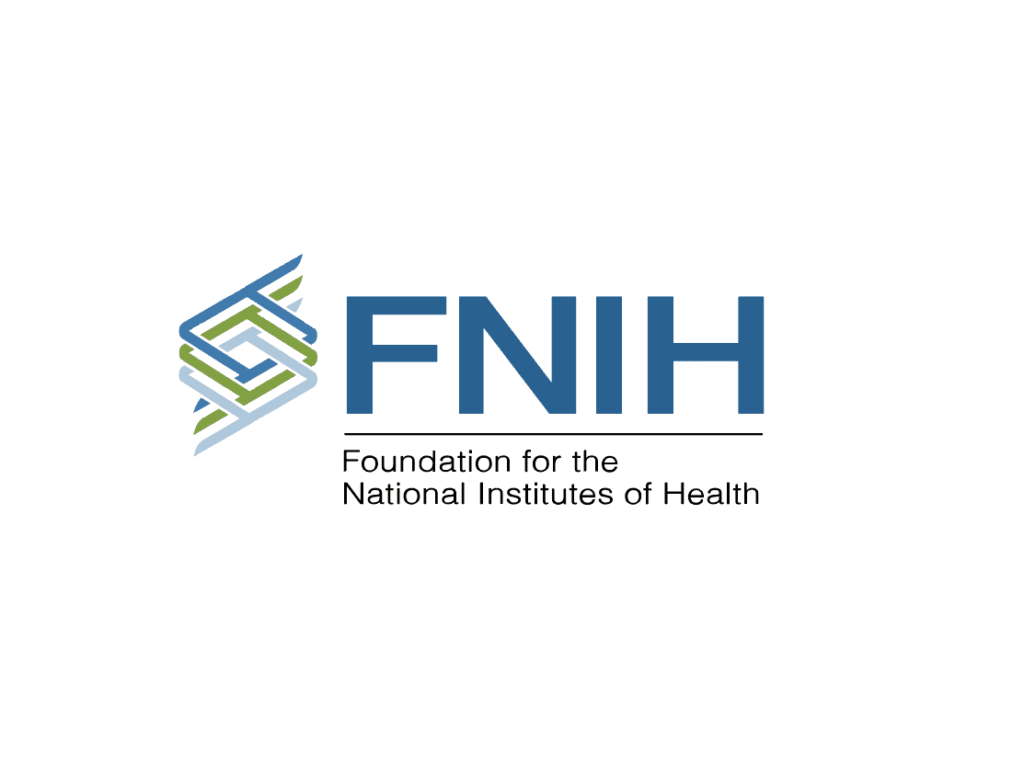

How Generative Artificial Intelligence is Changing Patient Advocacy
By: Elsa Racine, Intern, National Health Council, Washington, DC
During my summer internship, I was privileged to work with the National Health Council (NHC), an organization that has one of the most important missions one can have: advocating to improve the lives of patients. This was very meaningful to me since, like millions of Americans, I suffer from a chronic condition.
This internship was a perfect fit for me. In addition to my desire to help others live well, this internship closely aligned with a core interest of mine: Generative AI (GenAI). My previous experience with this topic includes authoring a research paper on the ethical use of this type of technology and attending seminars on this topic. Moreover, I am currently the president of my school’s GenAI Club where students are discussing the impact of this technology. For this internship, I decided to research how patient advocacy groups harness GenAI and wrote a brief with recommendations on how the NHC can help the patient community navigate the growth and advancements of this innovative technology.
Generative AI Adoption by Patient Groups
My primary finding was that the adoption of GenAI within the patient community is still in its infancy. GenAI holds great promise for patient groups such as the potential to improve an organization’s efficiency, decision making, communication strategy, and program impact.
Two Recommended Actions for the Patient Community
First things first — learn from each other. Foster environments for mutual learning. Every patient group is at a different stage of their individual GenAI adoption journey. While some groups have already leveraged this technology, others have not. By sharing experiences, challenges, and successes, patient groups can significantly speed up their learning curve and avoid pitfalls.
Secondly, patient groups should engage in the discussion of regulations. The rise of GenAI brings ethical concerns for patients. The U.S. government and others are discussing potential regulations for this emerging technology. It is important for the patient community to speak up and be active participants in these discussions. After all, the patients who are being represented through patient organizations will be directly impacted by GenAI.
The current adoption of GenAI is only beginning. GenAI is here to stay and will transform the patient advocacy community, as it will with other sectors of health care. It is easy to imagine that GenAI will play an increasingly vital role in both the operations of patient groups as well as advocacy programs meant to help patients. As the patient advocacy community explores this technology’s potential, collaboration and active engagement will be essential.
This project was a rewarding experience that allowed me to contribute to the mission of the NHC and to better understand how the patient community can engage with GenAI.


